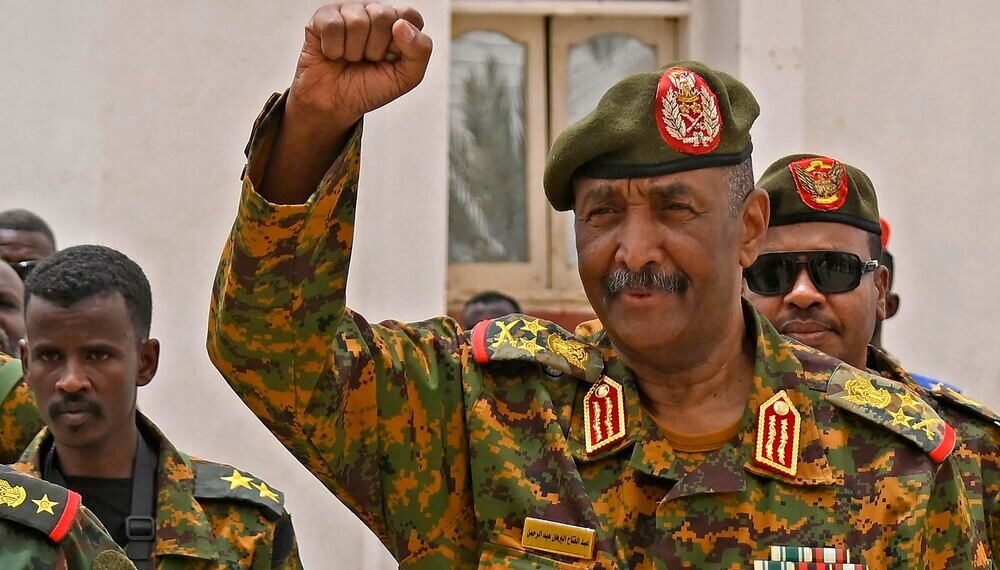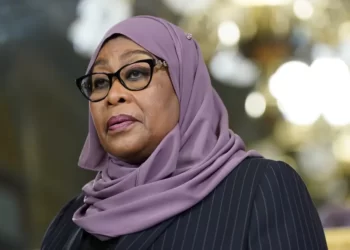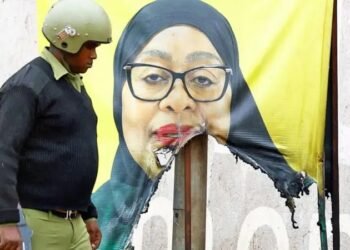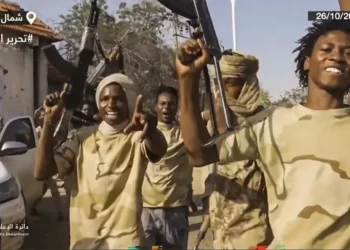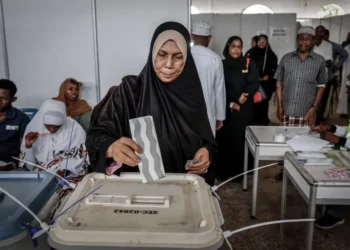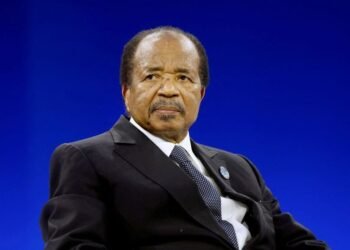Sudan has formally severed diplomatic relations with the United Arab Emirates (UAE), accusing the Gulf nation of playing a covert yet decisive role in fueling its ongoing civil war.
Sudan’s Defence Minister, Yassin Ibrahim, directly blamed the UAE for backing the paramilitary Rapid Support Forces (RSF), describing its role as that of a “proxy” supporter, following recent RSF-led assaults on the strategic city of Port Sudan.
The UAE has outright denied Sudan’s claims, which allege that Abu Dhabi is providing the RSF with military hardware, political backing, and financial aid. The Sudanese government has recalled its ambassador and ordered the closure of all Sudanese diplomatic missions on Emirati soil.
Once viewed as a relatively secure stronghold, Port Sudan has become a focal point of violence, with recent drone strikes damaging critical infrastructure and deepening an already dire humanitarian crisis. Though the RSF has refrained from publicly claiming responsibility for the drone attacks, the Sudanese Armed Forces (SAF) have squarely pinned the blame on the group, citing its increasingly aggressive tactics.
The International Court of Justice (ICJ) recently dismissed a Sudanese case accusing the UAE of complicity in genocide, citing a procedural technicality. But on the ground, hostilities continue to escalate.
Meanwhile, the UAE’s deputy assistant minister for political affairs issued a statement urging the global community to focus on “ending the war and delivering humanitarian aid,” emphasizing the importance of “peace and relief for the Sudanese people.” Yet this call for peace contrasts starkly with the growing body of evidence pointing to Emirati involvement in Sudan’s internal strife.
Drone Shipments and Covert Flights
Sudan’s declaration of the UAE as a “state of aggression” follows fresh revelations implicating the Gulf state in arming the RSF. Advanced weaponry, including drones and artillery, believed to originate from the UAE, has been used in recent RSF offensives on displacement camps, power grids, and even Port Sudan’s airport.
According to the Yale Humanitarian Research Lab, RSF fighters have deployed AH4 155 mm Howitzers — heavy artillery systems purchased exclusively by the UAE. Satellite imagery and arms-tracing reports suggest these weapons have been used to devastating effect, especially in conflict zones like Darfur and eastern Sudan.
A pattern of covert air traffic further fuels suspicions. Since 2023, 86 UAE-flagged cargo planes have reportedly landed at a remote Chadian airstrip near Sudan’s western border. Analysts believe this airstrip serves as a clandestine supply corridor funneling weapons directly to RSF fighters.
Many regional observers argue that the UAE’s support for the RSF is not merely ideological but strategic. Sudan, rich in gold and positioned along the Red Sea, is viewed by the UAE as a vital geopolitical frontier.
With limited international scrutiny, Abu Dhabi is said to be leveraging proxy militias to expand its influence, secure mineral resources, and counterbalance rival actors in the region.“This is more than just a civil war,” said one political analyst. “It’s a regional chessboard, and Sudan is the latest square.”
Ethnic Fault Lines and Sectarian Risks
The RSF’s roots in the Arab Janjaweed militias — blamed for genocidal violence in Darfur in the early 2000s — have again come under scrutiny. The group’s recent campaigns have targeted African ethnic communities, perpetuating long-standing cycles of ethnic violence.
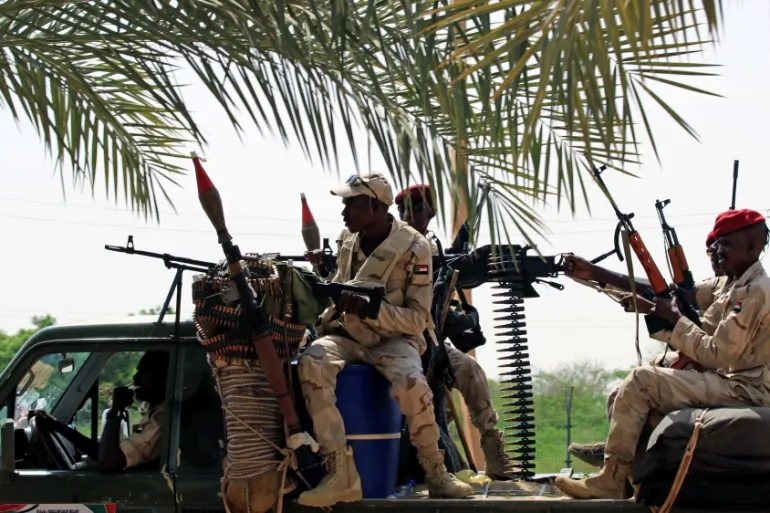
Seven Arab tribal leaders in South Darfur recently threw their support behind the RSF, calling the conflict a “fight against remnants” of former President Omar al-Bashir’s regime. Meanwhile, the SAF has consolidated backing from non-Arab ethnic groups, hardening the ethnic divisions that lie at the heart of Sudan’s chaos.
Although overt religious rhetoric has largely remained absent, analysts warn that the UAE’s apparent alignment with Arab militias could stoke sectarian flames if the conflict persists unchecked.
As Sudan’s civil war drags into its second year, with both the RSF and SAF facing credible war crimes accusations, international calls for accountability are growing. The United Nations is actively investigating arms shipments traced to the UAE, but the road to justice remains uncertain.
READ ALSO: Grounds for Petitioning a Judge’s Removal Explained

